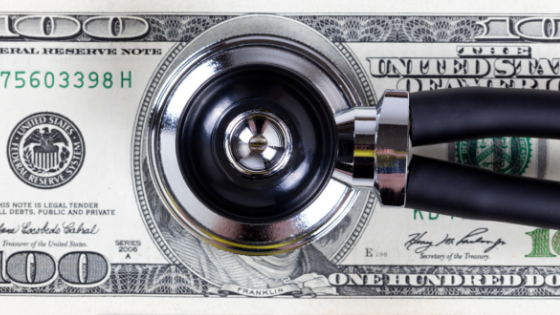A lot of individuals who were impacted by the COVID-19 pandemic in one form or another are now facing another serious situation — increased amounts of unpaid medical debts — according to the results of a survey conducted by The Commonwealth Fund.
The survey identified three different outcomes for those impacted by the pandemic — they tested positive or became ill from COVID-19, they lost income because of the pandemic, or they lost their healthcare coverage offered by their employers. Forty-five percent of the survey’s respondents indicated they suffered at least one of those three potential fallouts. Of that group, 50% had higher rates of medical bills and debt problems during the past year. Overall, when including those who did not suffer one of the three COVID-related outcomes, 27% of the survey’s respondents reported having medical debt problems in the past year.
While the survey did not dig into the size and scope of the medical debt problems being faced by individuals across the country, a published media report indicated that 21 million individuals had $47 billion in unpaid medical debts as of April, up from 20 million individuals that had $45 billion in unpaid medical debts a year ago.
It didn’t matter whether the individuals who found themselves with medical debt problems had health insurance or not, according to the survey. Individuals who did not have health insurance and now find themselves in a medical debt situation accounted for only half of the cases where they now have higher medical bills.
Among the recommendations made in the report are to offer health insurance to more individuals and make health insurance more affordable and comprehensive.
The impact of rising medical debts is affecting individuals on multiple financial fronts. Forty-three percent of respondents said their credit scores have gone down, 35% said they used up most or all of their savings, 35% have taken on credit card debt, 27% have been unable to pay for basic necessities like food and heat, and 23% have delayed education or career plans.
“People who suffered the most during the pandemic also suffered the most from medical bill problems,” The Commonwealth Fund wrote in its report. “But the overall rates of problems reported in the survey for the past 12 months are similar to those reported by adults prior to the pandemic. This consistency suggests that cost burdens are a chronic aspect of U.S. health care that that may be exacerbated by economic and health crises, and ultimately undermine America’s overall economic well-being.”









